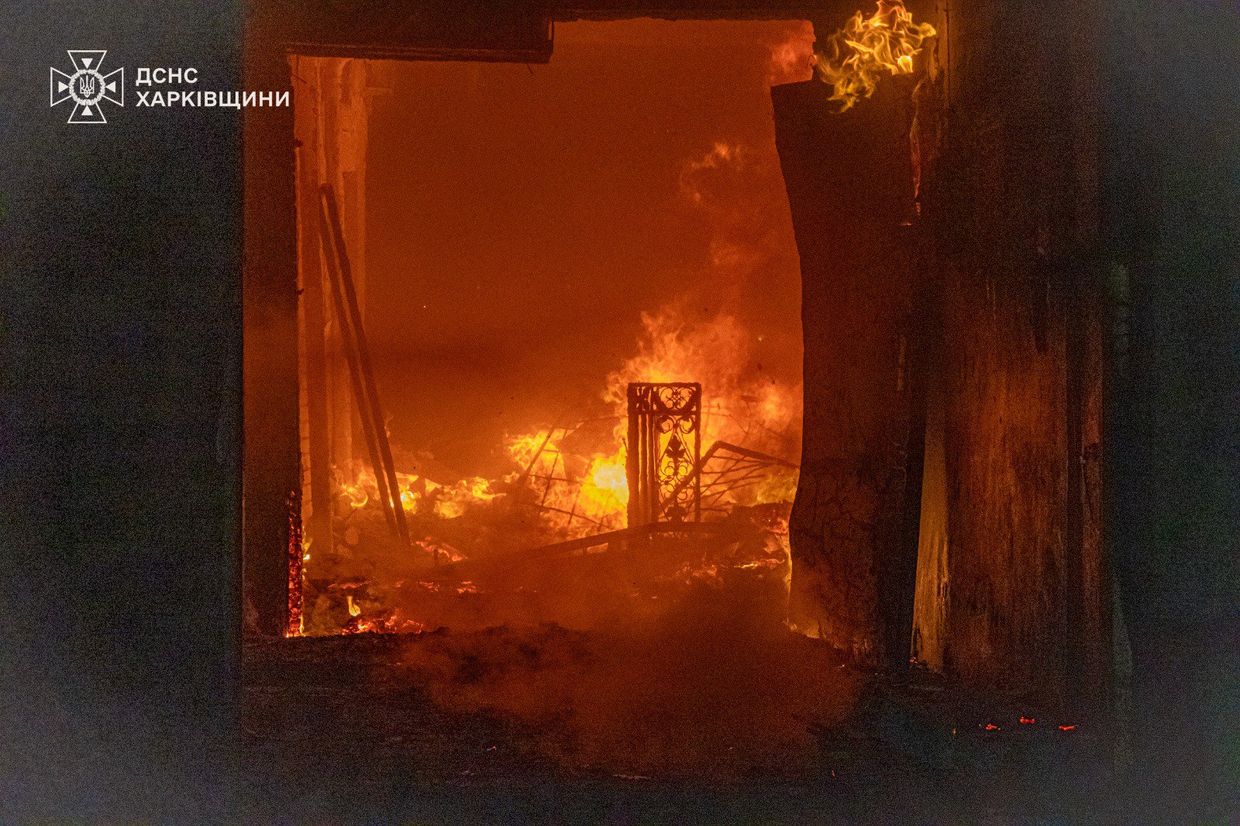It’s hard to predict just how much money retirees will need to thrive in the golden years. There are health costs, housing costs and groceries to consider — and that’s without budgeting for any vacations or other discretionary expenses. Each person is a little different when it comes to knowing exactly what they’ll need during the retirement years.
Trending Now: The New Retirement Problem Boomers Are Facing
For You: 4 Affordable Car Brands You Won't Regret Buying in 2025
Renowned financial expert Suze Orman has a recommendation that can help guide retirees when calculating the needs for the future. Here’s the advice she gave on a recent Women & Money episode about how much to save for retirement.
Before many people retire, they assess what’s in their retirement accounts to get an idea of how much they have to spend in the coming years. Orman highlighted that these accounts are subject to the health of the stock market, so they could significantly drop at any moment.
“It’s not always that stocks go down and bonds go up, or bonds go down and therefore stocks go up. Sometimes everything can go down,” Orman said on the podcast.
To protect oneself against the volatility of the stock market, Orman recommended having at least three to five years of living expenses in an account that can be easily cashed out without having to sell any stocks or bonds.
This can be a retirement account, a checking account or a high yield savings account. The important factor is that its amount is not influenced by the stock market. This way, if the market crashes, you still have a chunk of money that’s not affected and accessible for living expenses.
She recommends this because if the stock market took a huge dip, it could take three to five years for it to recover.
“If you really wanna be on the safe side, it’s five years,” Orman said. “If you wanna just play it so that you have at least three years, okay, you can do that, as well. Maybe you split it and you do four years.”
For those who are planning to retire in the near future and are trying to build that cash reserve, Orman recommended looking at one’s portfolio and seeing which stocks are not doing well.
“The markets are quite high right now. If you know you’re going to be retiring shortly, then you would take it from the stocks that either have not performed, or are not going to perform in your opinion… and just do it from there,” she suggested.
.png)
 German (DE)
German (DE)  English (US)
English (US)  Spanish (ES)
Spanish (ES)  French (FR)
French (FR)  Hindi (IN)
Hindi (IN)  Italian (IT)
Italian (IT)  Russian (RU)
Russian (RU) 








Comments